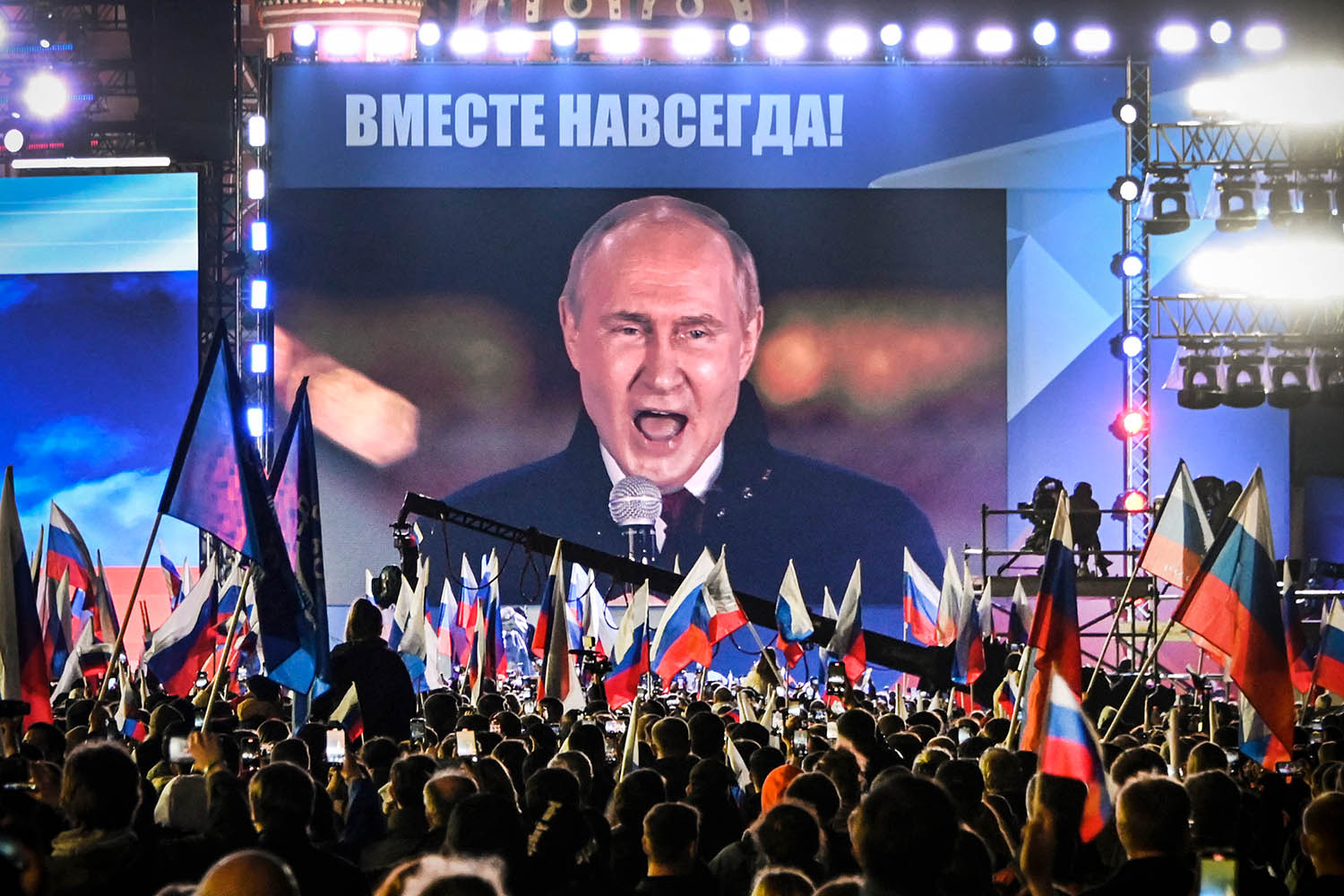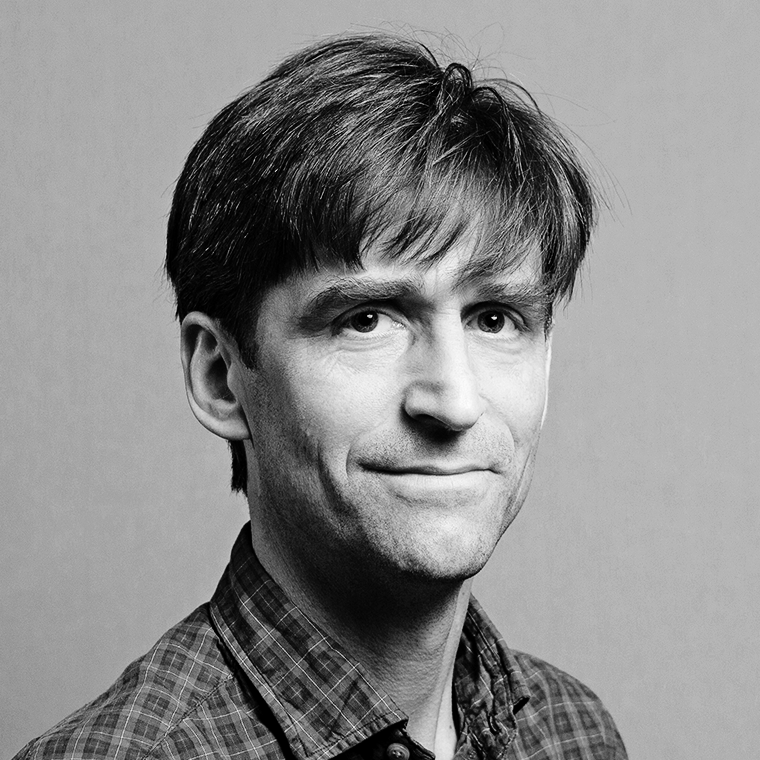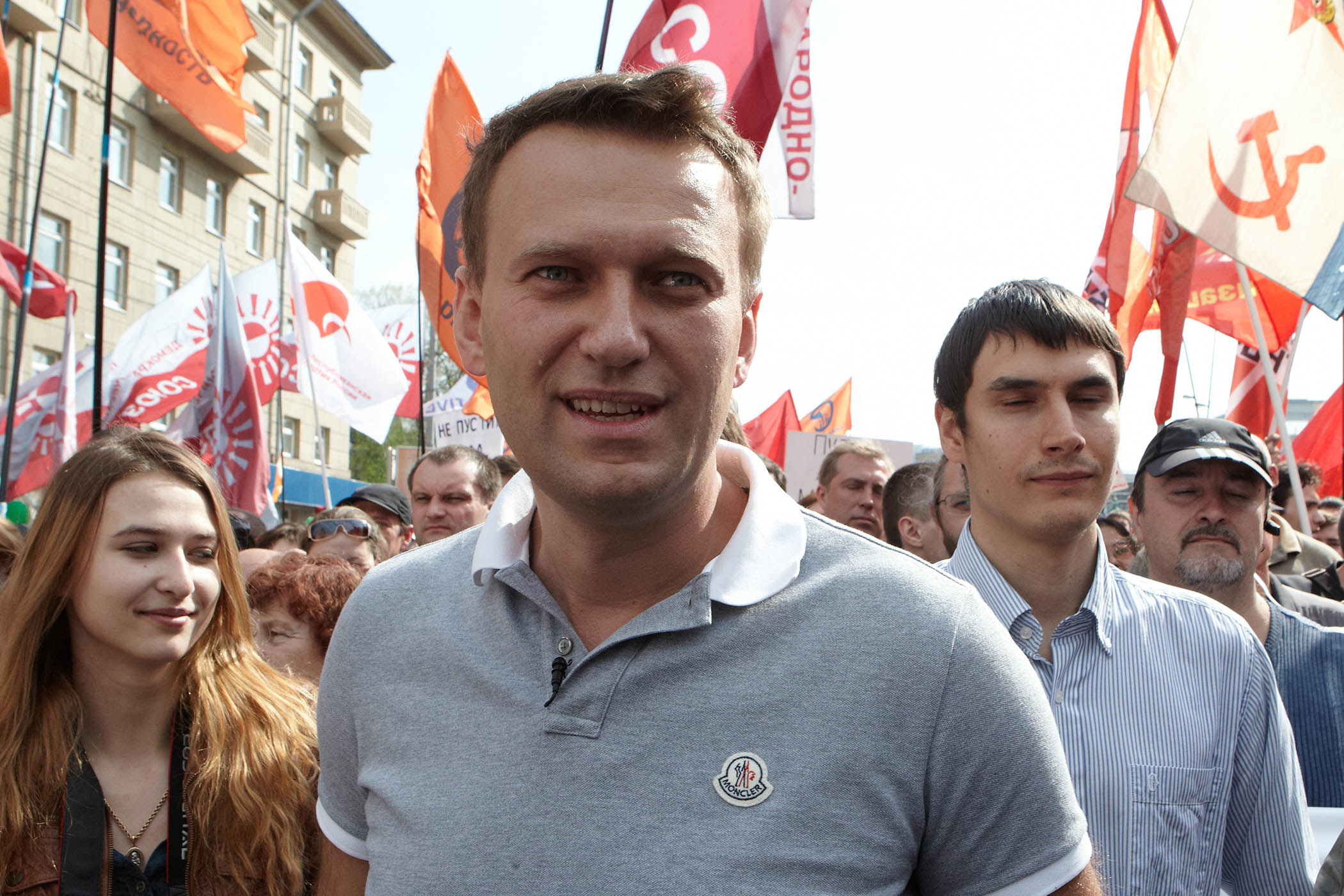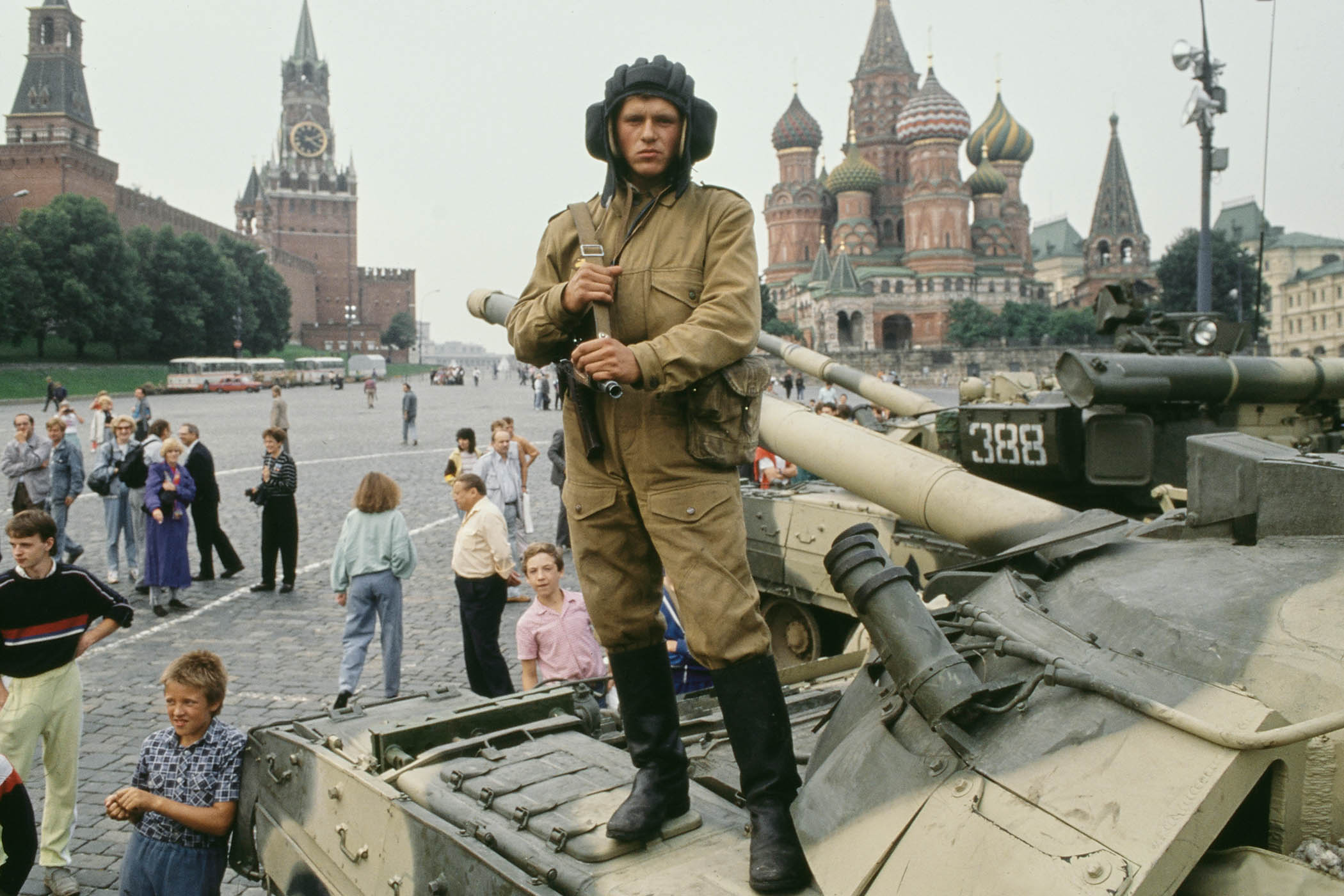For nearly a quarter of a century there was a mystery about the first holiday Vladimir Putin took as president of Russia; it now appears to have been solved.
In August 2000, three months after being handed the keys to the Kremlin, Putin went to Sochi on the Black Sea and stayed there even when the nuclear submarine Kursk, pride of the Russian navy, sank in the Barents Sea with 118 souls on board. An ambitious young reporter for Izvestia, Sveta Babayeva, was assigned to cover Putin’s trip. She filed several stories on his natural brilliance at water sports, but never on the real reason he refused to leave Sochi, which she mentioned privately to colleagues on her return to Moscow. He was, she said, recovering from a hair transplant operation.
Years later, another star of the pro-Putin press corps surpassed himself with a documentary on the poisoning of the anti-corruption campaigner Alexei Navalny by Russian agents at an airport in Siberia. The poisoning was plainly at Putin’s behest, but Zhenya Baranov, a TV host with impeccable Kremlin contacts, blamed it – with no supporting evidence – on Germany.
Putin’s crimes and blunders, from the serial murder of his critics to the invasion of Ukraine, have always been matched by the willingness of pliant Russian journalists to present them as something else entirely – as proof of his genius or, at worst, collateral damage in his revival of Russian power.
So who are these people? And why do they do it? Andrei Soldatov and Irina Borogan have made these questions the subject of their latest book for two reasons: because they’re incredibly important for anyone trying to understand why Putinism has endured, and because many of the journalists in question turn out to have been their friends.
Until now, Soldatov and Borogan have been known in the west mainly for a 2015 study of Putin’s use of online surveillance and blackmail that made them go-to sources on Russian meddling in overseas elections. But that expertise is the tip of an iceberg. By the time The Red Web came out, they had spent 20 years investigating the role of spies and spying agencies in real-world, post-Soviet Russia. That might have become a fringe obsession, but given Putin’s background in the FSB it made them an unusual and unusually well-connected team: progressives with an inside track on the Kremlin.
Soldatov and Borogan knew Babayeva from working alongside her at Izvestia. From there, Babayeva went to RIA Novosti, the giant pro-government news agency, running its bureaux in London, Washington and post-invasion Crimea. Baranov made his name as a war correspondent in the 1990s, then as a Kremlin mouthpiece after blaming the appalling loss of 186 children in the 2004 terrorist siege of Beslan on unspecified external enemies.
Others in their circle included Petya Akopov, in private a genial host, in public a passionate convert to the mystical – and toxic – Russian nationalism now embraced by Putin; and Evgeny Krutikov, a veteran editor who helped Soldatov and Borogan in the early Putin years but went full imperialist when the president sent tanks into Ukraine.
Putin’s crimes have always been matched by the willingness of pliant journalists to present them as something else
Putin’s crimes have always been matched by the willingness of pliant journalists to present them as something else
These are the core cast members of Our Dear Friends in Moscow. They’re educated, articulate, ambitious, and in the end enormously influential advocates of the most dangerous tyranny since the cold war. It’s tempting to bracket the book with Hitler’s Willing Executioners, Daniel Goldhagen’s unsparing reassessment of millions of “ordinary” Germans as enablers of the Holocaust. And certainly, “Putin’s willing propagandists” would serve as a subtitle. But while Goldhagen’s book was attacked by some as ahistorical, there’s little in Our Dear Friends that its authors didn’t personally observe, and no trace of rant.
They were there at Beslan, and there in 2002 at the Nord-Ost theatre siege (130 hostages dead). They have taken great care to capture the humanity that made it possible for their subjects to be friends before they became monsters. But there is a moral clarity to their story too. They show how the FSB’s corruption of Babayeva and others came easy and early. They know Putin’s invocation of ancient Russian greatness was always baloney, a cover for survival instincts that kicked in at the first sight of real democracy in Ukraine. And they’re honest about the hopeless irrelevance of liberals in Putin’s Russia.
Newsletters
Choose the newsletters you want to receive
View more
For information about how The Observer protects your data, read our Privacy Policy
“We felt like losers,” they write, recalling a time in the middle of Dmitry Medvedev’s years as Putin’s stooge in the Kremlin. “Muscovites loved their prosperity, believed it would last for ever, and didn’t want to encourage anyone to rock the boat.” They admit that when Anna Politkovskaya was murdered in her stairwell for reporting truthfully about Russian atrocities in Chechnya, there were more protesters on the streets of Paris than Moscow.
In the end, they flee. Soldatov and Borogan – partners in life as well as work – now live in exile in London, while one of their old friends serves as Putin’s culture minister and others amplify his lies as if there were no such thing as accountability – because there almost certainly isn’t.
Ukrainian readers may complain that Our Dear Friends in Moscow doesn’t grapple explicitly with the abject failure of Russia’s democratic opposition to take a stand, but, implicitly, it does. It’s the inside story of Putin’s pied pipers, still playing, still leading a brainwashed nation to the slaughter.
Our Dear Friends in Moscow: The Inside Story of a Broken Generation by Irina Borogan & Andrei Soldatov is published by PublicAffairs (£25). Order a copy from The Observer Bookshop for £22.50. Delivery charges may apply
Photography by Alexander Nemenov/AFP



